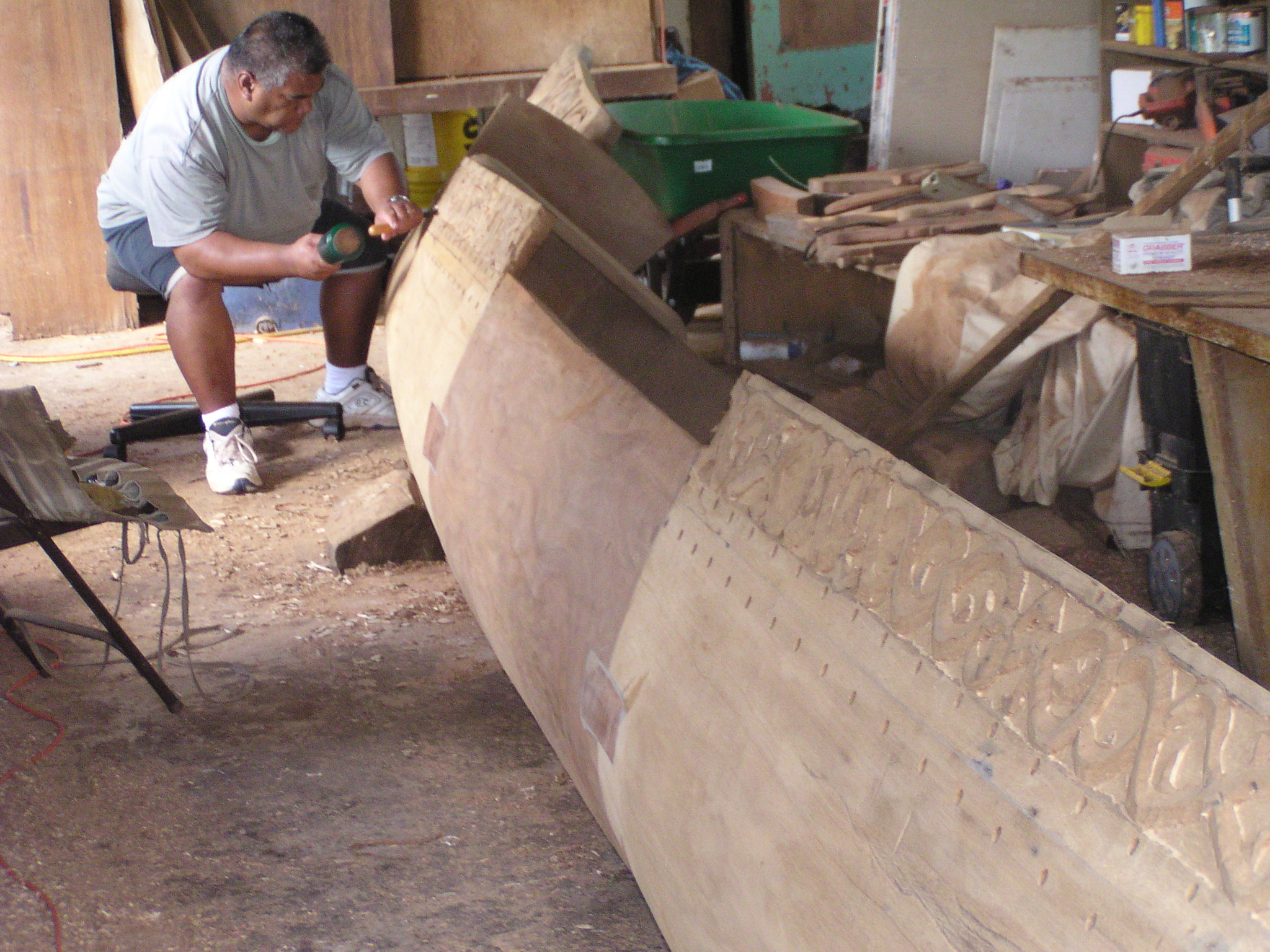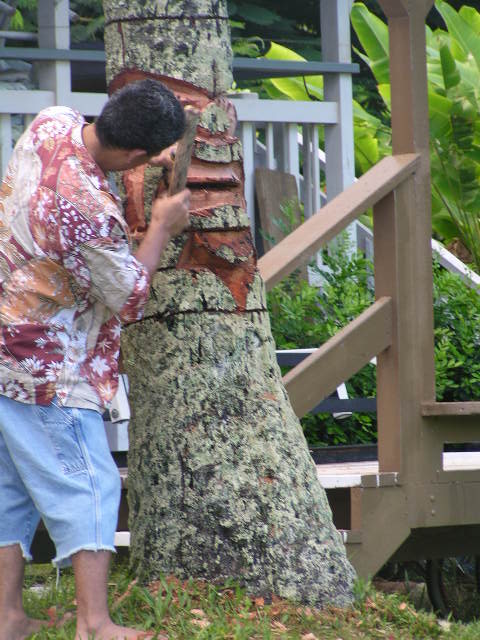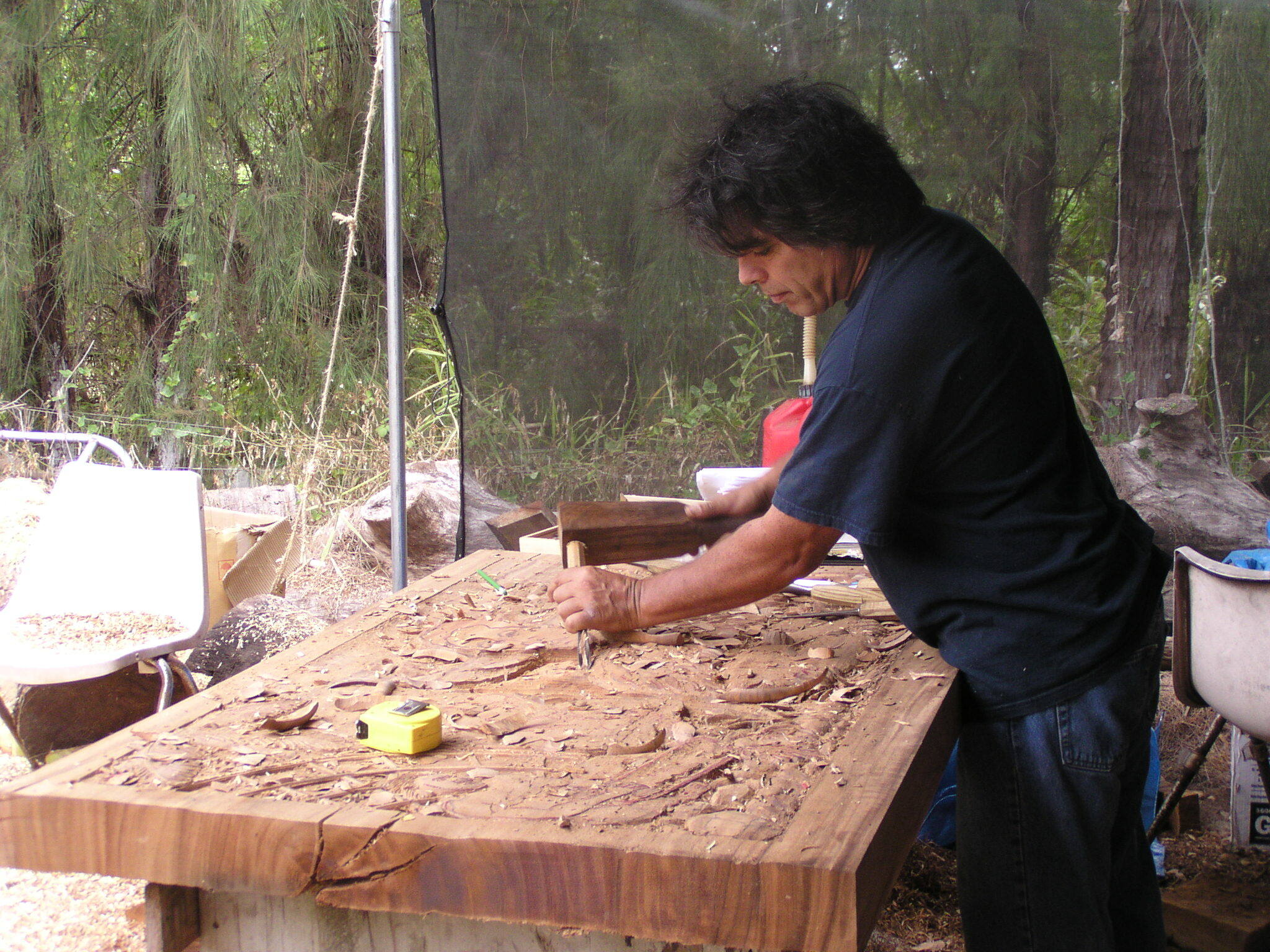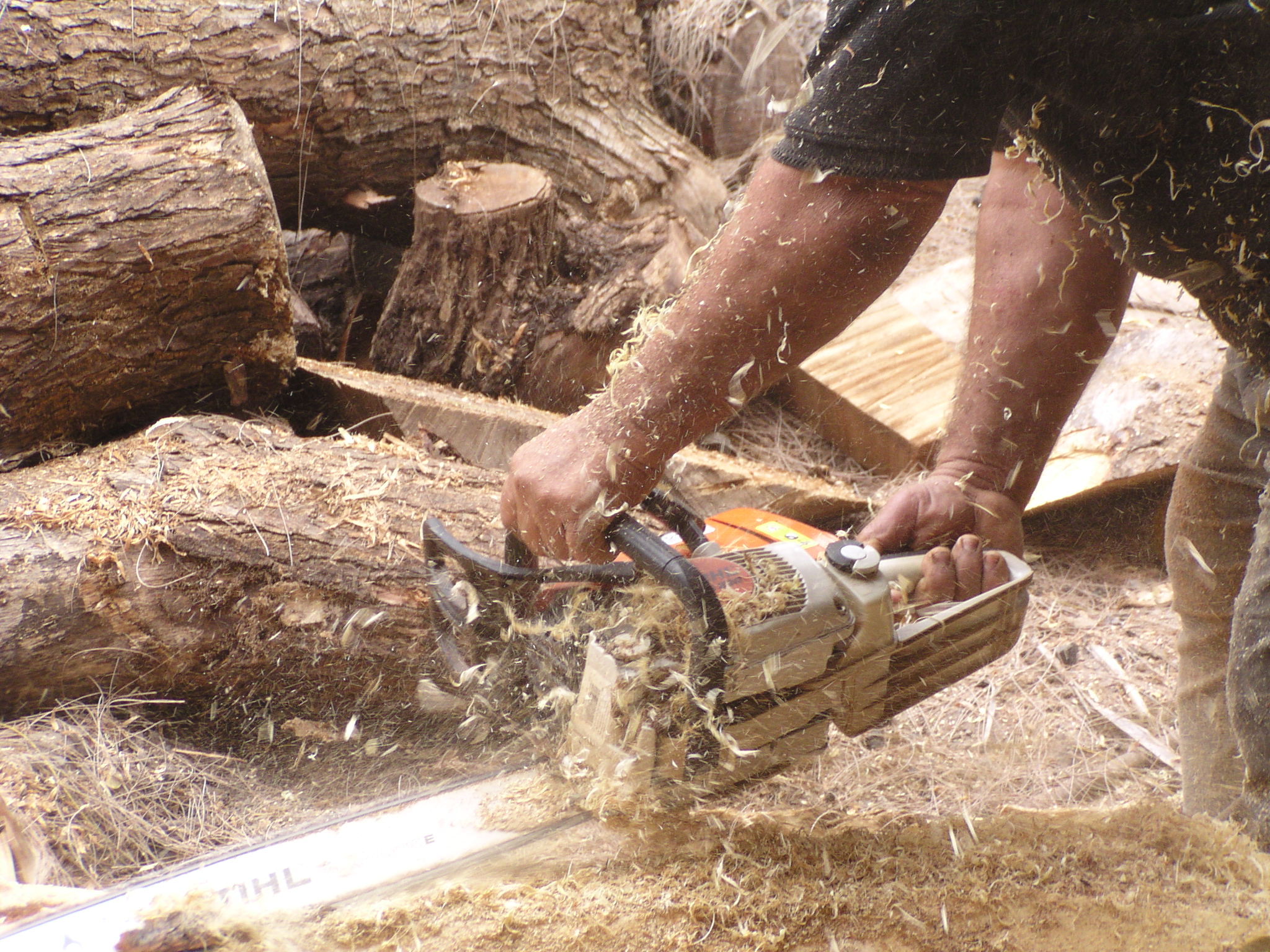Exploring the Beauty of Wood Carvings
People have practiced wood carving, an ancient art form, for centuries. It involves the use of tools to shape and sculpt wood into intricate designs and figures. People can find wood carvings in various forms and styles all around the world, from small decorative pieces to large wooden sculptures. In this article, we will explore the beauty of wood carvings and the different types that exist.
The History of Wood Carvings

Wood carving has been a part of human history since the beginning of civilization. People used it to create tools, weapons, and decorative objects. As time passed, wood carving evolved into a form of art, with skilled craftsmen creating intricate designs and sculptures. Many cultures used wood carvings to tell stories and depict important events.
Wood carving tools include chainsaws and chisels. People use chainsaws for large wood carvings like canoes or life-sized animal carvings. People practice chainsaw carving to rough up their wood sculptures, which range from koa canoes to storyboard carvings.
Types of Wood Carvings
Wood carvings over the years has evolved of course, technology has been a main factor, each with its own unique style and technique. Some of the most popular types include:
Tiki Carvings

Tiki carvings are wooden sculptures or statues that have their roots in Polynesian culture. Artists usually make these carvings from one piece of wood, often taken from a tree called the sacred Koa tree.
Carving tikis is important in Polynesian communities to honor ancestors and gods. This trade is highly respected and treasured. These special carvings show gods or strong spirits, with each tiki having its own meaning and symbolism.
Tiki carvings are trendy in the West as decorations that bring an exotic and mysterious atmosphere to any location. The skill and creativity in making these carvings is impressive. Artists carefully carve and shape the wood to make the tiki look real. Tiki carvings represent Polynesian heritage and inspire admiration and wonder in people who appreciate them.
Relief Carvings

Relief carvings also known as storyboard involve carving designs or figures into a flat piece of wood. The depth of the carving can vary, creating a three-dimensional effect. People commonly use this type of carving for decorative pieces like wall hangings and furniture.
Canoe Carvings

Carving an outrigger canoe is a complex and intricate process that requires skill, patience, and attention to detail. Canoe builders in the Pacific Islands have been making boats like this for a long time, and people still respect it now.
The first step in carving an outrigger canoe is selecting the right type of wood. Traditionally, indigenous craftsmen would use a single log of a hardwood tree, such as koa or mahogany. These woods possess strength, durability, and resistance to water. Modern boat builders may use different types of wood, like cedar or teak, based on availability and preference.
Once you select the wood, you shape the log into the desired form of the canoe either single or double hull canoes. Typically, people do this by using a combination of hand tools, such as adzes, chisels, and saws. The process involves carefully removing layers of wood to create the hull, which is the main body of the canoe.
Craftsmen need to carefully think about the boat's shape and balance. This is important to ensure that the boat is stable and performs well in water.
After shaping the hull, the next step involves carving out the outrigger, which is a smaller float attached to the side of the canoe. The outrigger provides stability and balance, allowing the canoe to navigate rough waters and waves. To ensure proper alignment with the hull and secure attachment, one must carve the outrigger with precision and accuracy.
After shaping the canoe and outrigger, the next step is to make them smoother and refine their appearance. We achieve a sleek and polished finish by using various sanding tools and techniques. The craftsmen need to be quite careful in this step to make sure the canoe looks good and works well.
Finally, the last step in carving an outrigger canoe is to apply a protective finish to the wood. You can do this by using a combination of oils, varnishes, or sealants that preserve the wood and protect it from the elements. The finish also enhances the natural beauty of the wood, giving the canoe a rich and lustrous appearance.
In summary, making an outrigger canoe is hard work and takes a lot of time, skill, and carefulness. You must carefully do every step, from wood selection to hull shaping, to make a functional and beautiful watercraft. The art of outrigger canoe carving is a testament to the rich cultural
Intaglio Carvings
Intaglio carvings are different from relief carvings. In intaglio, carve the design into the wood, while do not touch the background. This design creates a raised texture that one can feel when touched. People commonly use intaglio carvings for printing and can find them on items such as stamps and currency.
Chip Carvings
Chip carvings involve the use of a small knife or chisel to create intricate designs by removing small chips of wood. People commonly use this type of carving for decorative pieces and can find it in various cultures around the world.
Petrified Wood Carvings
People make petrified wood carvings from wood that has fossilized over time. Minerals replace the wood, creating a unique and beautiful pattern. You can find these carvings in various forms, from small decorative pieces to large sculptures.
The Beauty of Wood Carvings
Wood carvings are not only beautiful to look at, but they also hold a special significance. Each carving is a unique piece of art, with its own story and meaning. The intricate designs and attention to detail make wood carvings a true work of art.
You cannot replicate the natural beauty of wood carvings. The natural grain and texture of the wood add to the overall aesthetic of the carving. This is especially true for carvings made from petrified wood, as the fossilized wood's patterns and colors make a unique piece.
Carvers make hokulea canoes, which are double hull canoes with sails. Some skilled carvers excel at wood carving birds, but they do not limit themselves to wildlife wood carvings only.
Wood carving of trees in the ground is popular. Start by roughing up the log with a chainsaw, then use chisels tool to finalize the details. Customers often ask our carvers to come to their location.
In Conclusion
Generations have passed down wood carvings, which are a beautiful and timeless art form. From relief carvings to petrified wood carvings, each type has its own unique style and beauty. If you enjoy wood carvings, these art pieces can enhance the elegance of any space. Whether you collect them or simply appreciate their beauty, they are a great addition.
Don't live in Hawaii? Sellers offer free shipping for anything over $100




